If you loved the quirky charm and bittersweet storytelling of 'Georgy Girl' (1966), you're in for a treat! This article explores 10 movies and shows that capture the same whimsical yet poignant spirit, offering a mix of humor, heart, and unconventional characters. Whether you're a fan of 60s cinema or just looking for something delightfully offbeat, these recommendations will keep you entertained.
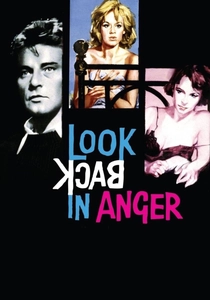
Look Back in Anger (1959)
Description: A gritty drama that portrays the frustrations and disillusionment of post-war British youth, with a focus on class struggle and personal relationships. Its raw and confrontational style aligns with the reference title's thematic concerns.
Fact: The film is based on John Osborne's groundbreaking play, which is often credited with launching the 'Angry Young Men' movement in British theater and cinema.
 Watch Now
Watch Now 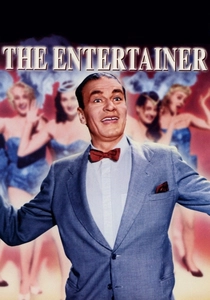
The Entertainer (1960)
Description: A drama that examines the decline of a once-great music hall performer, reflecting on themes of fading glory and the changing cultural landscape. Its melancholic yet biting tone is reminiscent of the reference title's emotional depth.
Fact: The film was adapted from a play by John Osborne, who also wrote the screenplay. It marked a significant departure from the typical British cinema of the time.
 Watch Now
Watch Now 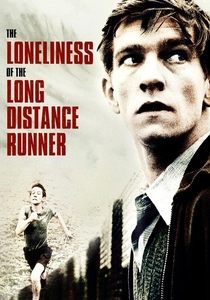
The Loneliness of the Long Distance Runner (1962)
Description: A drama that follows a rebellious young man who finds solace in running while serving time in a reform school. Its focus on youthful defiance and social commentary aligns with the reference title's narrative.
Fact: The film's title is derived from a short story by Alan Sillitoe, who also wrote the screenplay. It is considered a classic of British New Wave cinema.
 Watch Now
Watch Now 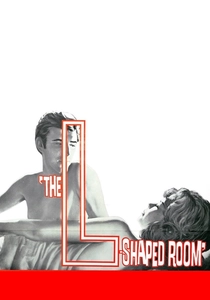
The L-Shaped Room (1962)
Description: A British drama that delves into the life of a young, unmarried pregnant woman, exploring themes of social stigma, independence, and personal growth. Its realistic portrayal of marginalized characters resonates with the reference title's narrative.
Fact: The film was based on a novel by Lynne Reid Banks. It was one of the first British films to address the topic of unmarried pregnancy openly.
 Watch Now
Watch Now 
This Sporting Life (1963)
Description: A British drama that explores the life of a rugby player struggling with personal and professional challenges, set against a bleak industrial backdrop. Its exploration of ambition and emotional turmoil mirrors the reference title's themes.
Fact: The film was one of the first to use a documentary-style approach to sports scenes, adding realism to its portrayal of the rugby world.
 Watch Now
Watch Now 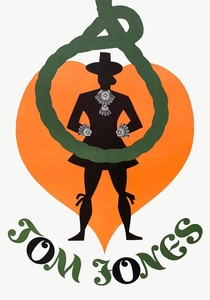
Tom Jones (1963)
Description: A comedic period drama that follows the adventures of a charming and impulsive young man, blending humor with social satire. Its lively and irreverent tone is similar to the reference title's approach.
Fact: The film won four Academy Awards, including Best Picture. It was notable for its innovative use of breaking the fourth wall.
 Watch Now
Watch Now 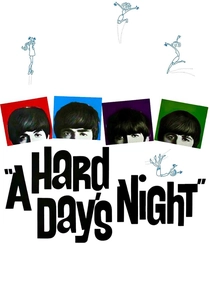
A Hard Day's Night (1964)
Description: A musical comedy that captures the youthful exuberance and rebellious spirit of the 1960s, with a focus on the lives of young people navigating fame and personal freedom. Its energetic style and cultural impact align with the reference title's themes.
Fact: The film was shot in a documentary-like style, giving it a fresh and spontaneous feel. It was the first Beatles movie and helped solidify their global fame.
 Watch Now
Watch Now 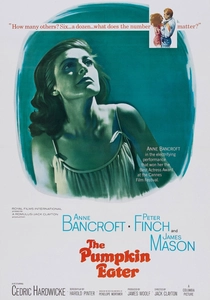
The Pumpkin Eater (1964)
Description: A psychological drama that delves into the life of a woman grappling with marital instability and personal identity. Its introspective and emotionally charged narrative resonates with the reference title's themes.
Fact: The film was based on a novel by Penelope Mortimer. It features a haunting score by Georges Delerue, which adds to its melancholic atmosphere.
 Watch Now
Watch Now 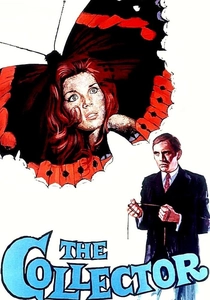
The Collector (1965)
Description: A psychological thriller that explores obsession and power dynamics through the story of a man who kidnaps a young woman. Its dark and unsettling tone aligns with the reference title's exploration of complex human relationships.
Fact: The film was based on John Fowles' debut novel, which became an instant bestseller. It was one of the first major films to delve into the mind of a sociopathic character.
 Watch Now
Watch Now 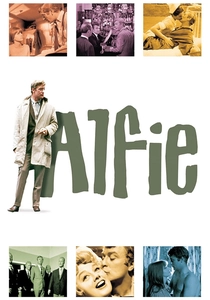
Alfie (1966)
Description: A British drama-comedy that explores themes of free-spiritedness and the consequences of a carefree lifestyle, set against the backdrop of 1960s London. The film's blend of humor and social commentary mirrors the tone of the reference title.
Fact: The film was nominated for five Academy Awards, including Best Picture and Best Actor for Michael Caine. It features the iconic song 'Alfie' by Burt Bacharach and Hal David.
 Watch Now
Watch Now 








